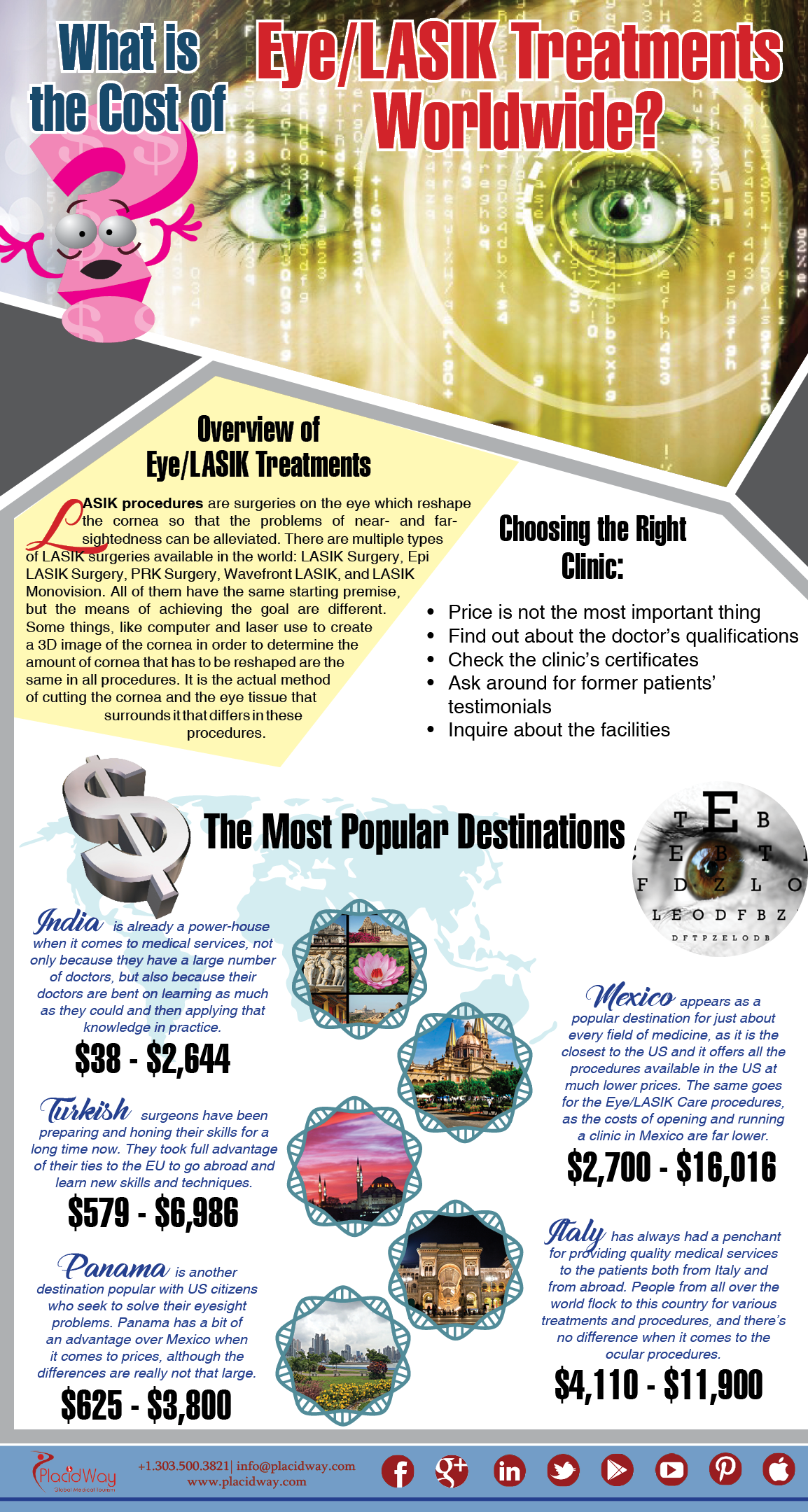Is SMILE Eye Surgery Appropriate For You? Secret Insights And Considerations To Bear In Mind
Is SMILE Eye Surgery Appropriate For You? Secret Insights And Considerations To Bear In Mind
Blog Article
1 month after cataract surgery -Frederiksen Cooley
If you're considering SMILE eye surgical treatment, ponder this: are you prepared to welcome possible aesthetic flexibility, or does the thought of any kind of threats make you be reluctant? Your choice will certainly hinge on a careful balance of evaluating the advantages against the uncertainties. It's important to dive deeper right into the nuances of SMILE surgery to make an enlightened selection that straightens with your aesthetic objectives.
Comprehending SMILE Eye Surgery
When taking into consideration SMILE Eye Surgery, it's important to understand the treatment and its advantages. SMILE, which represents Tiny Laceration Lenticule Extraction, is a minimally invasive laser eye surgical treatment that deals with common vision problems like nearsightedness (nearsightedness).
During the treatment, your eye specialist will certainly use a femtosecond laser to create a tiny laceration in your cornea. Through https://www.stgeorgeutah.com/news/archive/2020/12/21/avm-spc-zion-eye-institute-ophthalmologist-dr-jayson-edwards-embraces-new-technologies-to-restore-sight-improve-lives/ , a little disc of cells called a lenticule is removed, improving the cornea and correcting your vision.
Among https://howdotheydolasikeyesurger86531.dreamyblogs.com/29602793/the-technology-of-laser-vision-correction-a-deep-dive-into-its-operation of SMILE Eye Surgery is its quick healing time. Lots of people experience enhanced vision within a day or two after the procedure, with marginal discomfort.
Furthermore, SMILE is recognized for its high success rate in providing long-term vision improvement. Unlike LASIK, SMILE doesn't need the development of a flap in the cornea, reducing the risk of difficulties and permitting a more secure corneal framework post-surgery.
Understanding the treatment and its advantages is crucial when considering SMILE Eye Surgical treatment for vision adjustment.
Pros and Cons of SMILE
Considering SMILE Eye Surgical treatment for vision correction features numerous benefits and possible drawbacks.
One of the major pros of SMILE is its minimally intrusive nature, as it entails a small incision and typically causes fast recuperation times. The procedure is also understood for causing minimal discomfort and completely dry eye signs and symptoms post-surgery compared to various other vision adjustment techniques. In addition, SMILE has actually been revealed to give exceptional visual end results, with several patients achieving 20/20 vision or much better.
On the other hand, a possible con of SMILE is that it might not be suitable for individuals with serious refractive errors, as the therapy variety is somewhat minimal compared to LASIK. An additional factor to consider is that the knowing contour for cosmetic surgeons applying SMILE can impact the availability of seasoned suppliers in specific areas.
It is very important to weigh these benefits and drawbacks meticulously when determining if SMILE is the best option for your vision correction needs.
Identifying Qualification for SMILE
To determine if you're qualified for SMILE eye surgical treatment, your eye doctor will conduct a thorough evaluation of your eye wellness and vision needs. Throughout this evaluation, factors such as the security of your vision prescription, the thickness of your cornea, and the total health of your eyes will certainly be examined.
Typically, cataract surgery under medical or vision for SMILE more than 22 years old, have a steady vision prescription for a minimum of a year, and have healthy corneas without problems like keratoconus.
Your ophthalmologist will also consider your overall eye health, any kind of existing eye conditions, and your way of living needs to determine if SMILE is the appropriate selection for you. It's necessary to connect any type of particular visual demands or issues you may have throughout this analysis to ensure that the therapy straightens with your expectations.
If you aren't eligible for SMILE, your ophthalmologist might recommend alternative vision adjustment options that much better suit your specific demands and eye wellness status.
Conclusion
Inevitably, determining whether SMILE eye surgical procedure is right for you needs careful consideration of your private eye health and wellness and aesthetic needs. Consult with your optometrist to establish your qualification for the treatment and weigh the possible advantages and disadvantages. Keep in mind to connect any worries or questions you may have throughout the examination process to make an informed decision about your vision adjustment choices.
